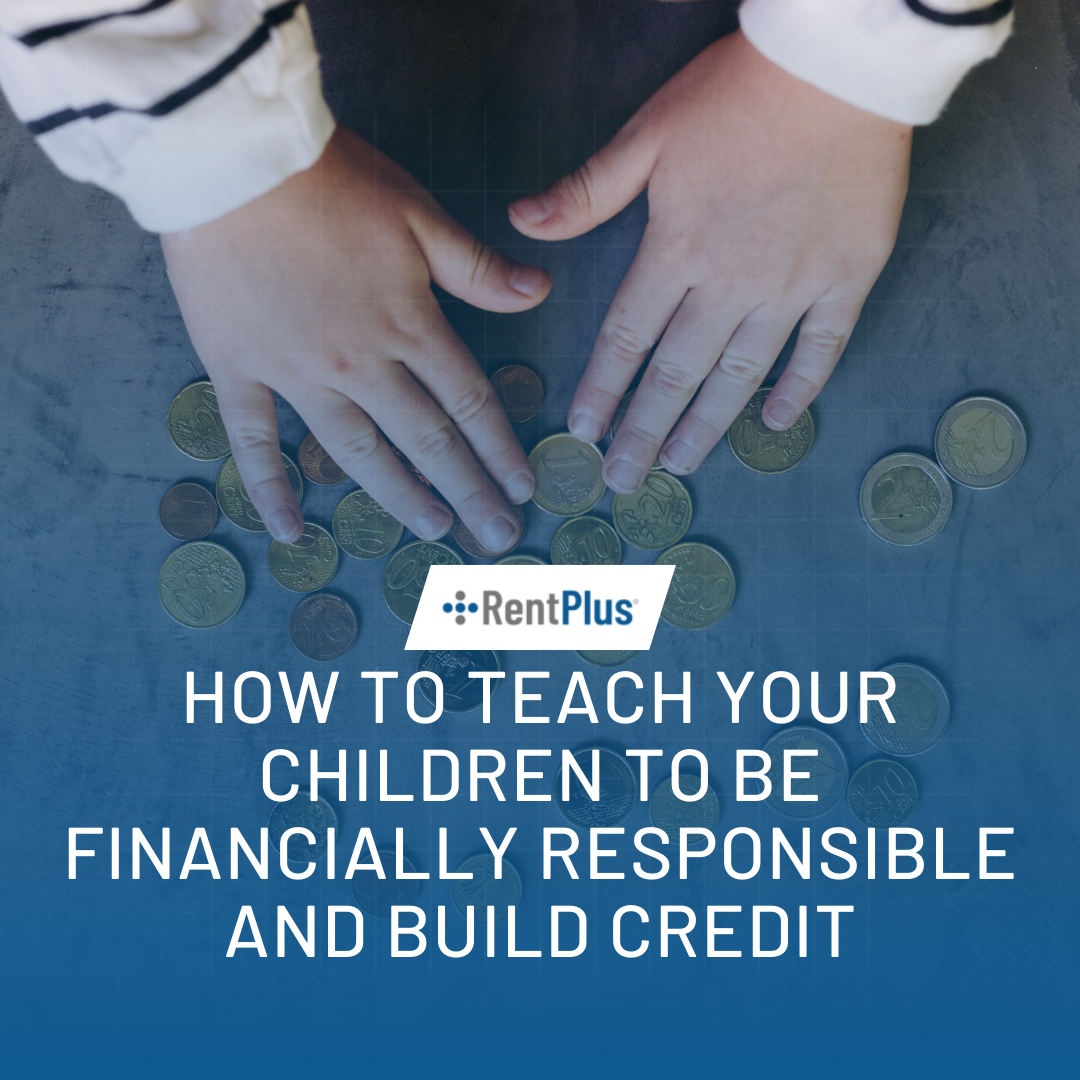College is an exciting time for young adults. It’s an opportunity for them the expand their horizons and conquer the world. But it’s also a time of learning and growth.
If you have a child in college or who is getting ready to head to college soon, you might be wondering if you’ve done everything you can to prepare them for this new journey ahead of them. Do they know how to do their laundry? Do they know how to cope with the stresses of school? Do they know how to take care of their finances?
As a parent, you can prepare them for these experiences by teaching your children what you’ve learned throughout the years. Yes, it’s probably been a while since you were a college student yourself, but you can still help guide your children on the right path.
Teaching your children how to fold their clothes and make Ramen Noodles is fairly simple. But what can you do to teach your children how to be financially responsible? How can you teach your children to create a budget? How can you talk to your college student about building credit?
Here are a few helpful tips to get you started on your financial talk with your children:
1. Modeling.
One of the best ways to teach your children to be financially responsible is to be financially responsible yourself. You may not realize how much your children learn by watching what you do. Your actions speak louder than your words. So, before you sit down with your college child and discuss finances, make sure you’re setting a good example as well.
You could even show your children your credit card statements and budget sheets to show them your process of managing finances.
2. Set expectations.
Children usually want to live up to your expectations. So if you let your children know your clear set of rules and expectations when it comes to finances, they’ll try to be wise with their finances. Teach them about the importance of getting a job to pay for their expenses or which student loans are better to apply for.
3. Start small.
Don’t let your children have access to a $10,000 limit credit card right off them back. Start them off small and let them ease their way into being financially responsible. You could make them an authorized user on your card so you could easily monitor their expenses. Or, if possible, you could help them obtain a secured pre-paid credit card with a set amount.
4. Teach them responsibility.
Do your children get good grades? Do you trust them to make good decisions when faced with different options? Do they follow through when they make a commitment to someone or something? If your children are responsible with other things, they can more easily learn how to be financially responsible.
Teach your children to be responsible for themselves around others, especially their peers. Then you can teach your child about the difference between a debit and a credit card. You can teach them about the importance of building credit in college. And you can teach them to be responsible with their finances during college and throughout the rest of their lives.
5. Let them govern themselves.
You can teach and lecture your children all you want, but they’re ultimately responsible for their own actions. Everyone makes mistakes every once in a while – especially with finances. Let your children learn how to come back from those mistakes a little wiser and a little more responsible for their actions. Trust your children to remember what you’ve taught them and to make wise decisions on their own.
And, if your college student is enrolled in RentPlus to help him or her build credit while renting, your child can also benefit from our personal financial management program, RentPlusMoney, and our financial education program, FinStrong. These programs will help your children learn valuable financial skills as they work on building their credit portfolio.



